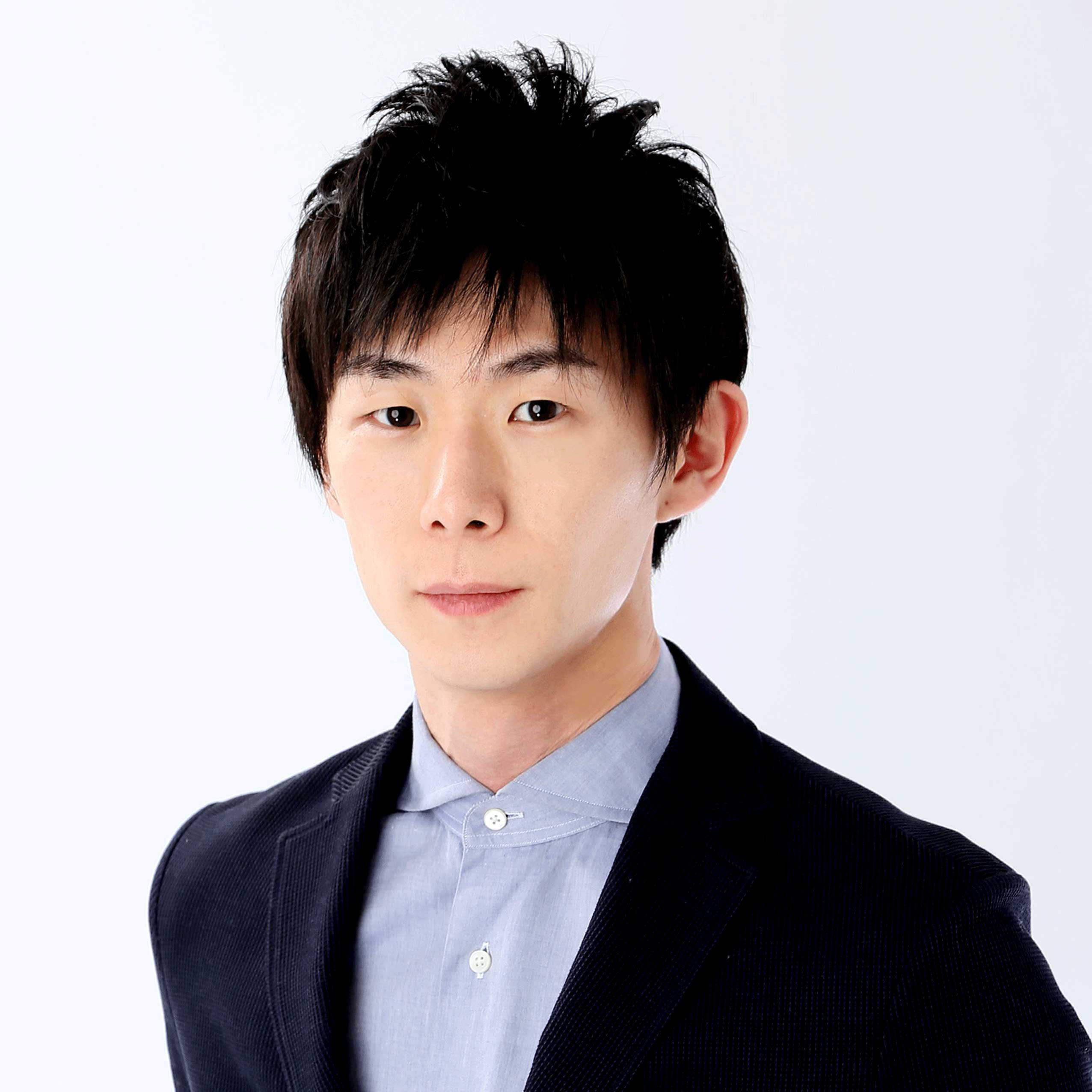PAST WORK
Junior Associate Professor
Department of Integrated Analytics, M&D Data Science Center, Tokyo Medical Dental University
My research topics are analyzing human genome, transcriptome, epigenome, metagenome and clinical data for personalized and preventive medicine through modeling, prediction and inference of disease and health systems. For example, we have been undertaking immunological cancer genome and metagenome analysis based on statistical and machine learning methods.
Especially, in the field of statistical science, my speciality is computational statistics and stochastic simulation, such as data assimilation and have published many research papers.
In addition, I'm promoting and establishing collaborative researches with medical and informatics units in TMDU and education for medical informatics.
Assistant Professor
Health Intelligence Center, The Institute of Medical Science, The University of Tokyo
My research topics are analyzing human genome, transcriptome, epigenome, metagenome and clinical data for personalized and preventive medicine through modeling, prediction and inference of disease and health systems. For example, we have been undertaking immunological cancer genome and metagenome analysis based on statistical and machine learning methods.
Especially, in the field of statistical science, my speciality is computational statistics and stochastic simulation, such as data assimilation and have published many research papers.
October 2015 - March 2020
Technology Advisor
Panasonic Inc.
Detail is Confidential: Production and experiment optimization of an image processing devision based on Bayesian framework.
Technology Advisor
Nadia inc.
Detail is Confidential: Education for A.I. development especially for image processing.
March 2016 - February 2017
Technology Advisor
Medley, Inc.
We developed an automated consulting system termed Mogul for medical treatment. This system is a type of artificial intelligence and based on a simple Bayesian inference procedure (Its concept is similar to the one in miup Inc. but this version is a little bit older). Also, a pandemic prediction system for the degree of future influenza epidemic has been released in the website.
February 2015 - September 2017
Assistant Professor
Tohoku Medical Megaban Organization, Tohoku University
The main topic was genome wide association study and to develop novel strategies for analyzing rare variants association test. Our developed method is highly efficient and available to WGS data within a reasonable time. In addition, we proposed a novel statistical method termed kernel Bayes' approximate Bayesian computation filtering for estimation of parameter values in stochastic simulation models.
February 2015 - September 2015
Co-founder / CTO (Technology Advisor, Feb. 2015-)
CRUNCHERS Inc.
We developed automated evaluation systems for predicting the profit of books and cinema. The former system was integrated to Medley, Inc. as CRUNCH MAGAZINE. For the latter system, I still have advised the statistical perspective of applying the developed simulation system (CRUNCH CINEMA) to the collaborative companies. In addition, since we're collaborating with major studios and major entertainment companies in JAPAN and USA, we have extended and developed CRUNCH CINEMA for the application of general purpose.
July 2013 - September 2015
Research Fellow
Japan Society for The Promotion of Science
The research topic was Reconstructing Biological Systems Incorporating Multi-Source Biological Data via Data Assimilation Techniques.
April 2012 - January 2015
